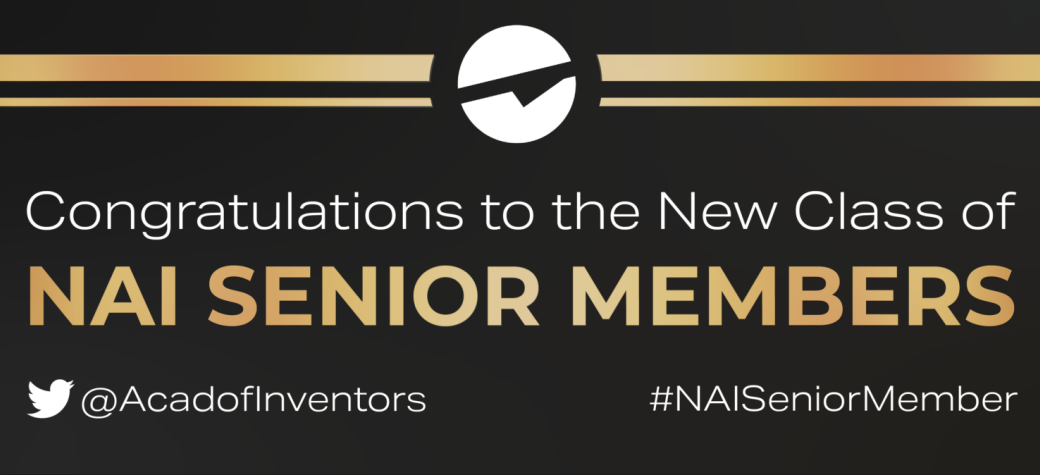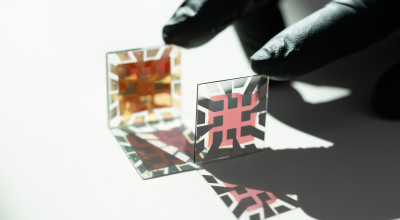
Jud Ready, a principal research engineer at the Georgia Tech Research Institute (GTRI), has been selected to join the National Academy of Inventors’ (NAI) 2024 Class of Senior Members – a group of 124 academic inventors from NAI’s Member Institutions who have made significant contributions to innovation and technology.
Holding a dual appointment as Deputy Director of Innovation Initiatives for Georgia Tech’s Institute for Materials, one of Tech’s 10 Interdisciplinary Research Institutes (IRI) focused on advancing materials research and innovation, and with over two decades of experience as an adjunct professor in Tech’s School of Materials Science & Engineering, Ready has established himself as a leader in materials science and engineering.
Drawing on his background in both academia and industry, Ready has led numerous research projects focusing on areas including energy, aerospace, nanomaterial applications, and electronic reliability. His work has resulted in 15 patents and has also contributed significantly to the development of technologies with a real-world impact.
Ready’s patents include a variety of advanced engineered materials used in numerous familiar applications, including: cell phones, mattresses, LEDs, medical devices, performance textiles, and analog sound reproduction. His patented developments on solar cells have been to the International Space Station on three separate occasions, and will be displayed in the Smithsonian National Air & Space Museum next year, while his patented technology related to cold cathodes is currently in earth orbit on a small ‘cubesat’ satellite called ALICE.
“I am honored to be accepted into the National Academy of Inventors as a Senior Member,” said Ready. “This acknowledgment emphasizes the importance of interdisciplinary research and technological advancement to address society’s toughest challenges.”
NAI Senior Members include active faculty, scientists, and administrators who have demonstrated remarkable innovation in producing technologies that make a tangible impact on society's well-being.
The nomination process for NAI Senior Member recognition provides NAI Member Institutions with a chance to recognize their exceptional innovators and foster a culture of innovation and invention on their campuses. These member organizations are known for their commitment to nurturing innovation and encouraging inventive spirit.
The 2024 cohort of NAI Senior Members is the largest to date and represents 60 institutions across the nation. Members of the cohort collectively hold over 1000 U.S. patents, with 344 of these technologies having been licensed and commercialized.
Ready and the other members of the 2024 cohort will be officially inducted at NAI's Annual Conference taking place June 16 to June 18 in Raleigh, North Carolina.
NAI is a member organization comprising U.S. and international universities, governmental agencies and non-profit research institutes. Currently, there are over 4,600 individual members, including Fellows, Senior Members, and Chapter Members, affiliated with more than 300 institutions worldwide. A comprehensive list of the newly inducted NAI Senior Members can be found here.
Writer: Anna Akins
GTRI Communications
Georgia Tech Research Institute
Atlanta, Georgia
The Georgia Tech Research Institute (GTRI) is the nonprofit, applied research division of the Georgia Institute of Technology (Georgia Tech). Founded in 1934 as the Engineering Experiment Station, GTRI has grown to more than 2,900 employees, supporting eight laboratories in over 20 locations around the country and performing more than $940 million of problem-solving research annually for government and industry. GTRI's renowned researchers combine science, engineering, economics, policy, and technical expertise to solve complex problems for the U.S. federal government, state, and industry.



